📺
In this post, we are going to dive a little bit into the world of Brazilian Television culture and the most influential person in its history.Welcome to @tvhive ! An account dedicated to the world of television.
From its humble beginnings in the 1950s to its current state as a major player in the Latin American media landscape, the history of television in Brazil is a fascinating one.
Brazil is a country known for its vibrant culture and diverse entertainment options. From samba to soccer, Brazil has always been at the forefront of cultural innovation. However, one aspect of Brazilian culture that often goes overlooked is its television industry.
The first television station in Brazil, TV Tupi, went on the air in 1950.
At the time, television was still a relatively new technology, and the Brazilian government was hesitant to invest in it. However, a group of Brazilian entrepreneurs (specially Assis Chateaubriand) saw the potential of television and decided to take matters into their own hands. They formed a consortium and built their own station, which quickly became incredibly popular.
However, the early days of Brazilian television were not without their challenges. The country was in the midst of a period of political turmoil, and the government was not always supportive of the new medium.
“Brazil won’t be a new Cuba” - protest in the early 60’s.
Additionally, the technology was still in its infancy, and the quality of the programming was often poor.
Despite these obstacles, Brazilian television continued to grow in popularity. By the 1960s, television had become a major part of Brazilian culture, and new stations were popping up all over the country.
This period saw the debut of some of Brazil's most beloved and enduring television programs, including "Jovem Guarda" and "Fantastico".
As the decades passed, Brazilian television evolved to keep up with changing technology and audience tastes.
In the 1970s, the advent of color television brought a whole new level of visual excitement to the medium. In the 1980s, the rise of cable television introduced Brazilians to a wider variety of programming options.
Today, Brazilian television is a thriving industry that rivals those of other major nations. The country has a wide range of channels that cater to different age groups, interests, and backgrounds. From news to telenovelas, from sports to reality shows, Brazilian television has something for everyone.
One of the most iconic and influential television show in Brazil is the "Fantástico", is a weekly Brazilian news magazine show, produced and aired by Rede Globo since 1973, which features investigative journalism and interviews with national and international personalities.
The show has been responsible for breaking many important news stories and has been a major influence on Brazilian journalism.
The Brazilian television industry has also launched the careers of many famous actors, including Xuxa and Silvio Santos, and has produced some of the most popular telenovelas of all time, such as "Roque Santeiro" and "Irmaos Coragem".
For those interested in learning more about the TV Culture in Brazil, this is a Must Watch:
Documentary: Beyond Citizen Kane
Silvio Santos (Most Influential Person)
Silvio Santos, known for his irreverent humor and direct talk, is one of the most influential figures in the Brazilian television
Silvio is a well-known Brazilian television personality and media mogul. He is the host of the popular TV show "Programa Silvio Santos" and the owner of the SBT (Sistema Brasileiro de Televisão) network, one of the largest television broadcasters in Brazil.
His family origins:
Still in the 80s, the presenter of the SBT Network even explained the origin of the name Senor.
To him, he is the descendant of Dom Isaac Abravanel, a Jewish financier who had a role in the finances of Portugal and Spain during the 15th century.
He was a renowned figure who gained notoriety for his contribution in his field of specialization.
A YouTube video that is worth watching to learn more about Silvio Santos's story is "Show de Calouros - Silvio Santos" which is a historic moment from the TV show.
This video is a showcase of young talents, that show in a contest where he talks about the beginning of his career and his personal history, which is very interesting and inspiring for the audience.
Silvio Santos's success can be attributed to a combination of factors, including his charismatic personality, his ability to connect with the audience, and his savvy business acumen. He is known for his ability to spot and nurture talent, and has helped launch the careers of many famous Brazilian entertainers.
He also had a good sense of the Brazilian market and what people liked, which helped him to create a successful and enduring TV show, and also, to become one of the wealthiest people in Brazil.
The interconnection between his personal charisma, a good vision of the market and his business acumen, were key aspects to his enlightenment.
In conclusion, Silvio Santos is a Brazilian media icon and a true visionary in the entertainment industry.
His story is one of hard work, perseverance and the ability to adapt and evolve with the times. Whether you are a fan of his TV show or simply interested in the history of Brazilian media, taking a deeper look into the life and career of Silvio Santos is sure to be a fascinating and enlightening experience.
This was our first, introductory post! I hope you enjoyed it.
See you, in the future.
"That's all, folks!"
@tvhive
Portuguese 🇧🇷 Português 🇵🇹
Bem-vindo ao @tvhive! Uma conta dedicada ao mundo da televisão.
📺
Neste post, vamos mergulhar um pouco no mundo da cultura televisiva brasileira e a pessoa mais influente de sua história.
A Evolução da Televisão Brasileira: Do Preto e Branco ao Entretenimento Colorido
O Brasil é um país conhecido por sua cultura vibrante e diversas opções de entretenimento. Do samba ao futebol, o Brasil sempre esteve na vanguarda da inovação cultural. No entanto, um aspecto da cultura brasileira que muitas vezes passa despercebido é a indústria televisiva.
Desde seu começo humilde na década de 1950 até seu estado atual como um ator importante no cenário da mídia latino-americana, a história da televisão no Brasil é fascinante.
A primeira emissora de televisão do Brasil, a TV Tupi, foi ao ar em 1950.
Na época, a televisão ainda era uma tecnologia relativamente nova e o governo brasileiro hesitava em investir nela. No entanto, um grupo de empresários brasileiros (especialmente Assis Chateaubriand) viu o potencial da televisão e resolveu fazer justiça com as próprias mãos. Eles formaram um consórcio e construíram sua própria estação, que rapidamente se tornou incrivelmente popular.
No entanto, os primeiros dias da televisão brasileira não foram isentos de desafios. O país estava em meio a um período de turbulência política e o governo nem sempre apoiava o novo meio. Além disso, a tecnologia ainda estava em sua infância e a qualidade da programação geralmente era ruim.
Apesar desses obstáculos, a televisão brasileira continuou a crescer em popularidade. Na década de 1960, a televisão havia se tornado uma parte importante da cultura brasileira, e novas emissoras surgiam em todo o país. Este período viu a estreia de alguns dos programas de televisão mais queridos e duradouros do Brasil, incluindo "Jovem Guarda" e "Fantástico".
Com o passar das décadas, a televisão brasileira evoluiu para acompanhar as mudanças tecnológicas e os gostos do público. Na década de 1970, o advento da televisão colorida trouxe um novo nível de emoção visual para o meio.
Na década de 1980, o surgimento da televisão a cabo apresentou aos brasileiros uma variedade maior de opções de programação.
Hoje, a televisão brasileira é uma indústria próspera que rivaliza com as de outras grandes nações. O país tem uma ampla gama de canais que atendem a diferentes faixas etárias, interesses e origens. Dos noticiários às novelas, dos esportes aos reality shows, a televisão brasileira tem para todos os gostos.
Um dos programas de televisão mais icônicos e influentes do Brasil é o "Fantástico", um programa semanal de notícias brasileiro, produzido e exibido pela Rede Globo desde 1973, que apresenta jornalismo investigativo e entrevistas com personalidades nacionais e internacionais.
O programa foi responsável por divulgar muitas notícias importantes e tem sido uma grande influência no jornalismo brasileiro.
A indústria da televisão brasileira também lançou as carreiras de muitos atores famosos, incluindo Xuxa e Silvio Santos, e produziu algumas das novelas mais populares de todos os tempos, como "Roque Santeiro" e "Irmãos Coragem".
Silvio Santos é uma conhecida personalidade da televisão brasileira e magnata da mídia. Ele é o apresentador do popular programa de TV "Programa Silvio Santos" e proprietário da rede SBT (Sistema Brasileiro de Televisão), uma das maiores emissoras de televisão do Brasil.
Um vídeo do YouTube que vale a pena assistir para saber mais sobre a história de Silvio Santos é o "Show de Calouros - Silvio Santos" que é um momento histórico do programa de TV.
Este vídeo é um show de talentos, onde artistas se apresentam em um concurso e Silvio fala sobre o início de sua carreira e sua história pessoal, o que é muito interessante e inspirador para o público.
Ainda nos anos 80, o apresentador da Rede SBT até explicou a origem do nome Senor.
Para ele, ele é descendente de Dom Isaac Abravanel, um financista judeu que teve um papel nas finanças de Portugal e da Espanha durante o século XV.
Ele era uma figura de renome que ganhou notoriedade por sua contribuição em seu campo de especialização.
O sucesso de Silvio Santos pode ser atribuído a uma combinação de fatores, incluindo sua personalidade carismática, sua capacidade de se conectar com o público e sua perspicácia nos negócios.
Ele é conhecido por sua capacidade de identificar e cultivar talentos e ajudou a lançar as carreiras de muitos artistas brasileiros famosos. Ele também tinha uma boa noção do mercado brasileiro e do que as pessoas gostavam, o que o ajudou a criar um programa de TV de sucesso e duradouro, e também a se tornar uma das pessoas mais ricas do Brasil.
A interligação entre o seu carisma pessoal, uma boa visão do mercado e a sua perspicácia empresarial, foram aspetos fundamentais para o seu esclarecimento.
Concluindo, Silvio Santos é um ícone da mídia brasileira e um verdadeiro visionário da indústria do entretenimento.
A sua história é de muito trabalho, perseverança e capacidade de adaptação e evolução com o tempo.
Se você é fã de seu programa de TV ou simplesmente interessado na história da mídia brasileira, dar uma olhada mais profunda na vida e na carreira de Silvio Santos certamente será uma experiência fascinante e esclarecedora.
Se você quiser saber mais sobre a cultura da TV no Brasil, este é um relógio obrigatório:
Documentário: Muito Além do Cidadão Kane
Esse foi o primeiro post introdutório da @tvhive ! Espero que tenham gostado.
Até o futuro.
”Isso é tudo pessoal!”
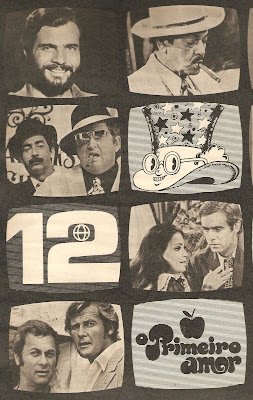
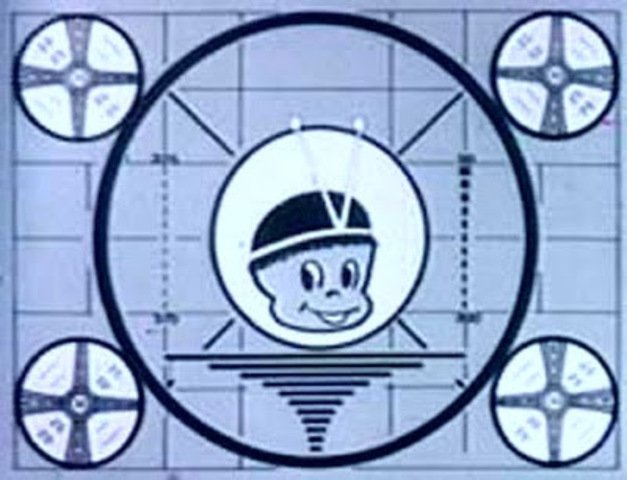
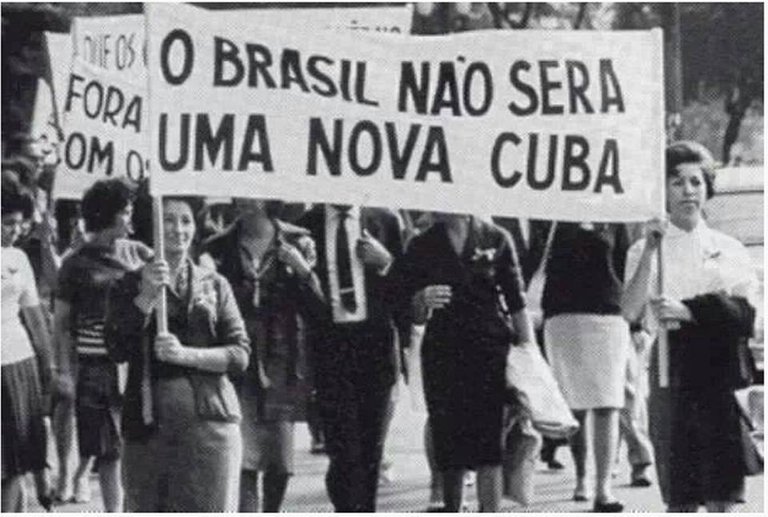
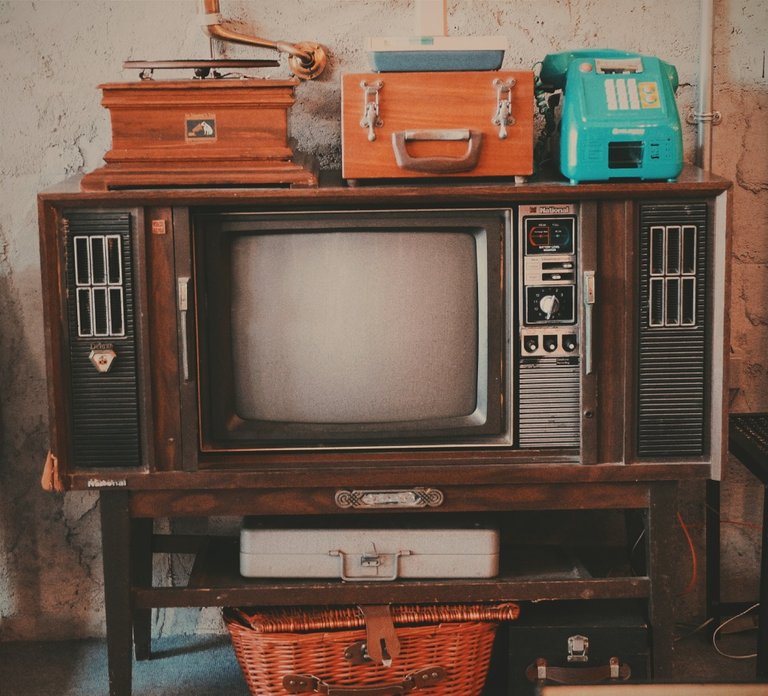

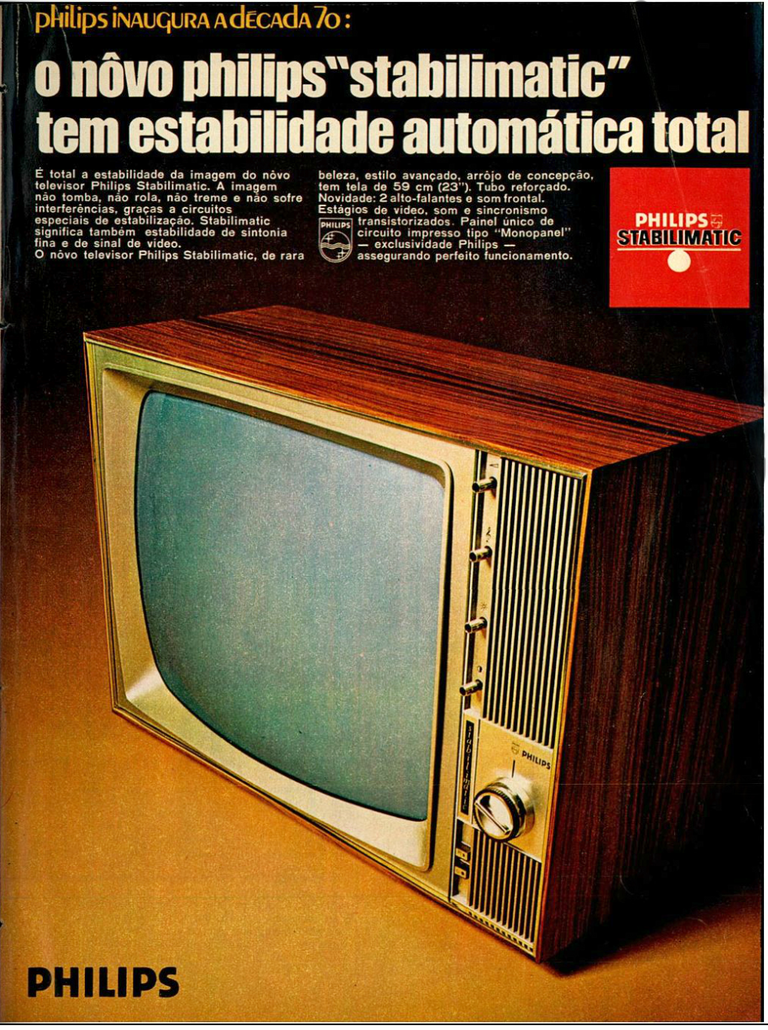
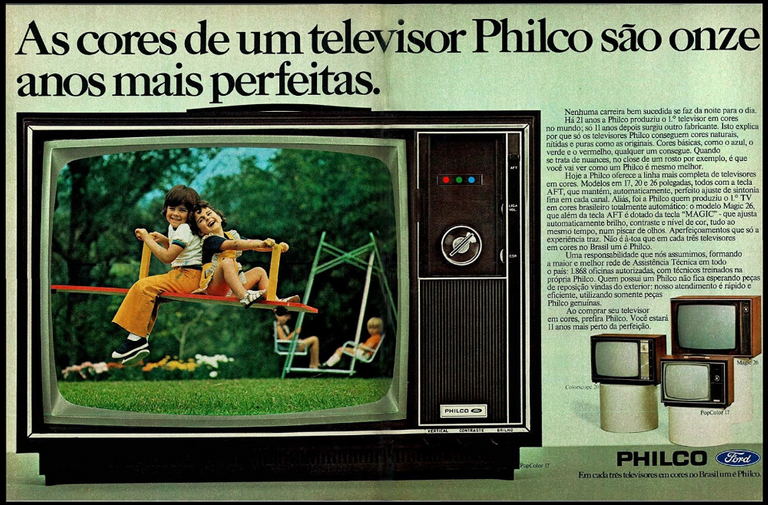
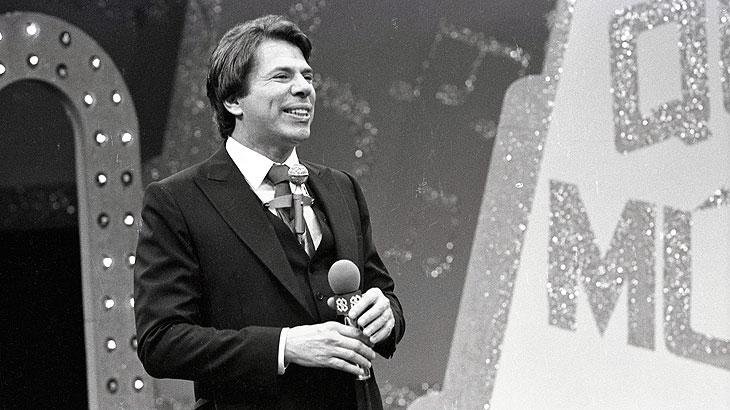
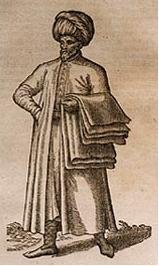
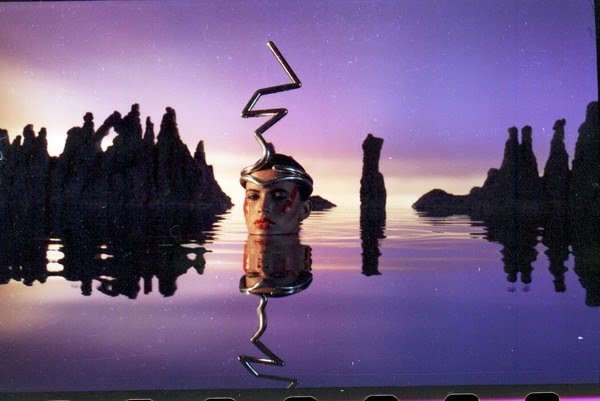

Obrigado por promover a Língua Portuguesa em suas postagens.
Vamos seguir fortalecendo a comunidade lusófona dentro da Hive.
Congratulations @tvhive! You received a personal badge!
You can view your badges on your board and compare yourself to others in the Ranking
Check out our last posts:
Support the HiveBuzz project. Vote for our proposal!